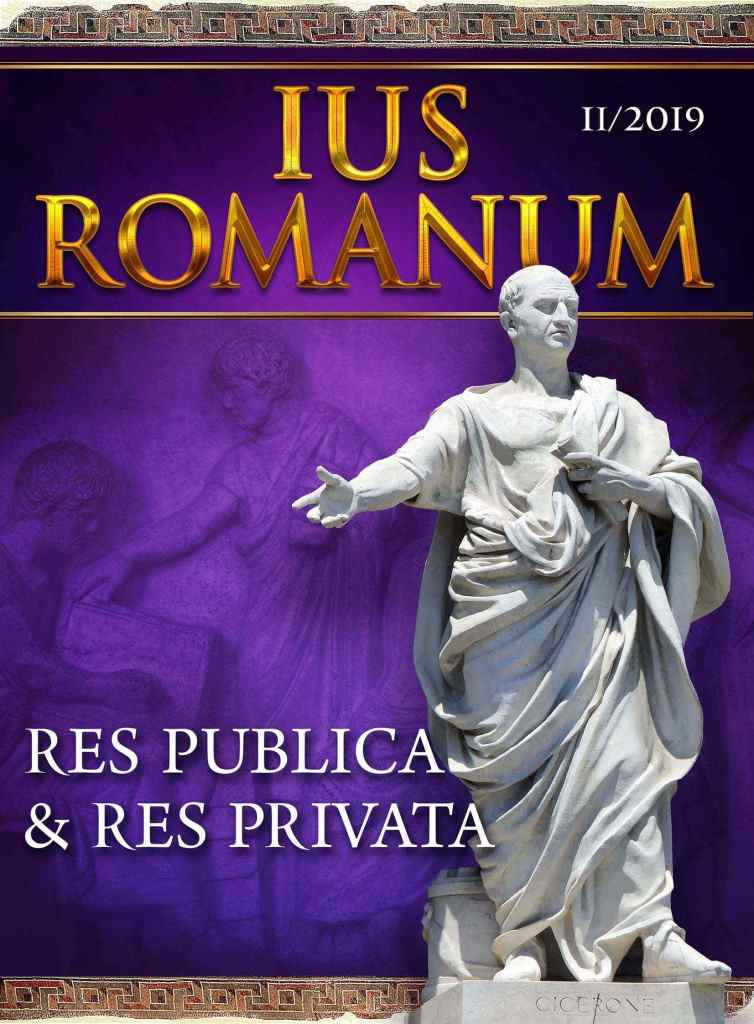ALAN WATSON`S THEORY ON LEGAL TRANSPLANTS AND FARMER CASE (D. 9.2.30.3)
ALAN WATSON`S THEORY ON LEGAL TRANSPLANTS AND FARMER CASE (D. 9.2.30.3)
Author(s): Milena PolojacSubject(s): Law, Constitution, Jurisprudence, Human Rights and Humanitarian Law
Published by: Софийски университет »Св. Климент Охридски«
Keywords: legal transplants; culpa; оccasionem damni praestare; Byzantine compilations; Serbo-Byzantine compilations; ius commune; theory of causation; theory of resti-tution
Summary/Abstract: The farmer case D. 9.2.30.3, one of the famous cases by Paul is very illustrative example of transplanting. It is not taken by Alan Watson into consideration. It deals with the culpa requirement in the context of interpretation of the third chap-ter of the lex Aquilia. It was a subject of legal transplanting a great deal in the eastern and the western part of the medieval Europe. It found its place in the ear-ly Byzantine compilations: Ecloga, XVII.41, Prochiron, 39.75, Farmer’s Law § 56. It is present in the oldest slavonic code The law on the trial of people (Zakon Sudnyi Lyudem) and in the compilations used in medieval Serbia written in the Serbo-Slavonic language: the Nomocanon of Saint Sava (ca. 1219), the Syntagm of Matthew Blastares, the abridged version of the Syntagm of Matthew Blastares and the Constantine Justinian’s Law (14. century). In the medieval ius commune the text is used for the development of different legal doctrines, for example the construction of a general theory of culpa and the restitution theory. Also, canon-ists used the case as a most relevant text in Roman law for the question of cau-sation starting from the sentence qui occasionem praestat, damnum fecisse videtur: the person who created the opportunity that could lead to damage is also deemed to have caused the damage.
Journal: IUS ROMANUM
- Issue Year: 2019
- Issue No: 2
- Page Range: 583-595
- Page Count: 13
- Language: English

